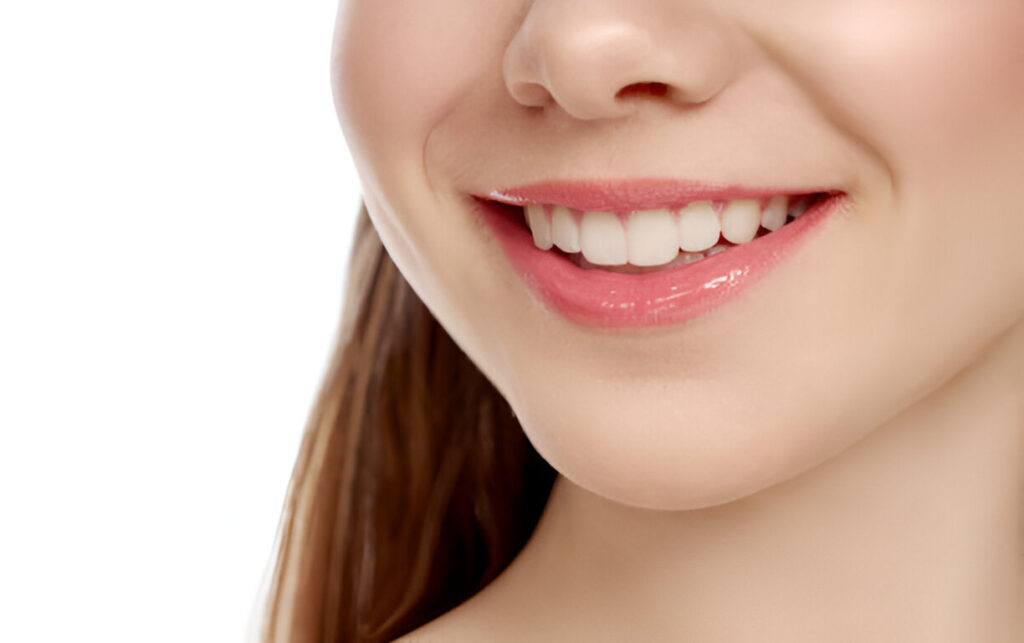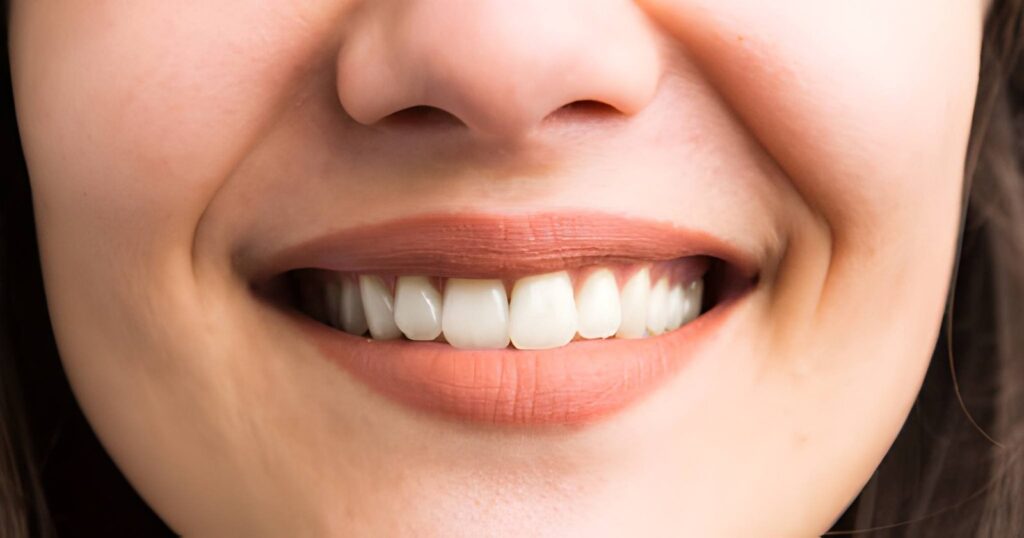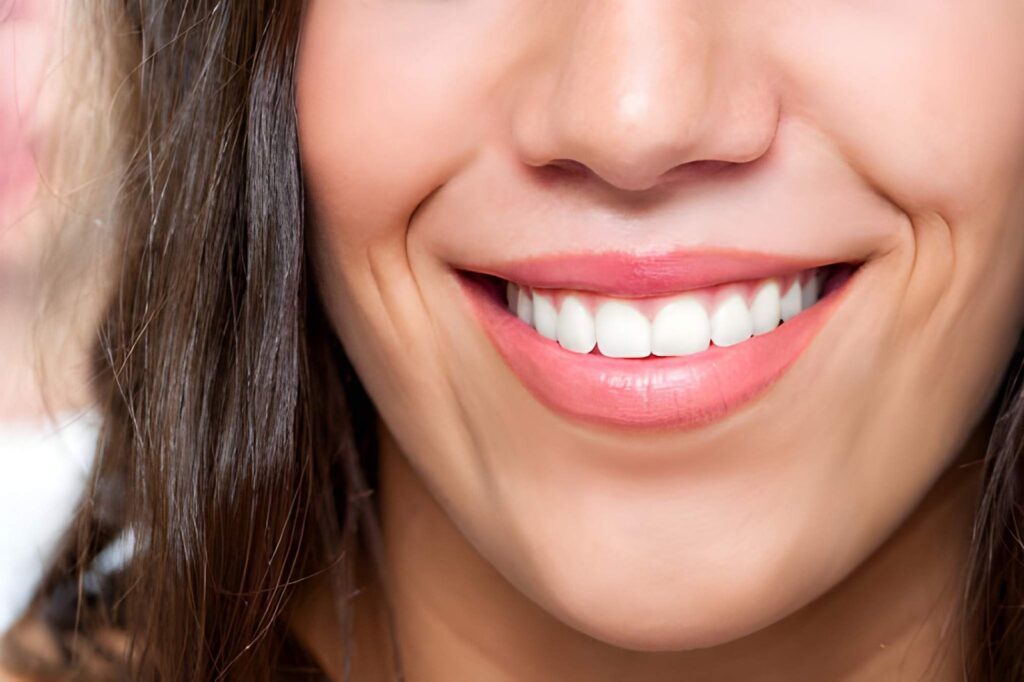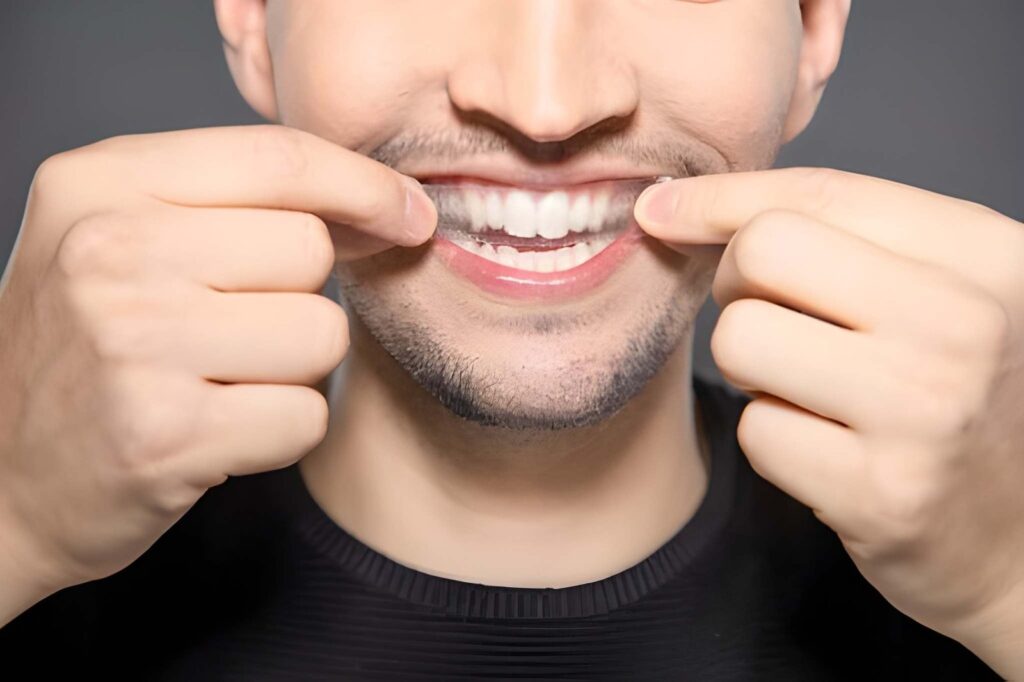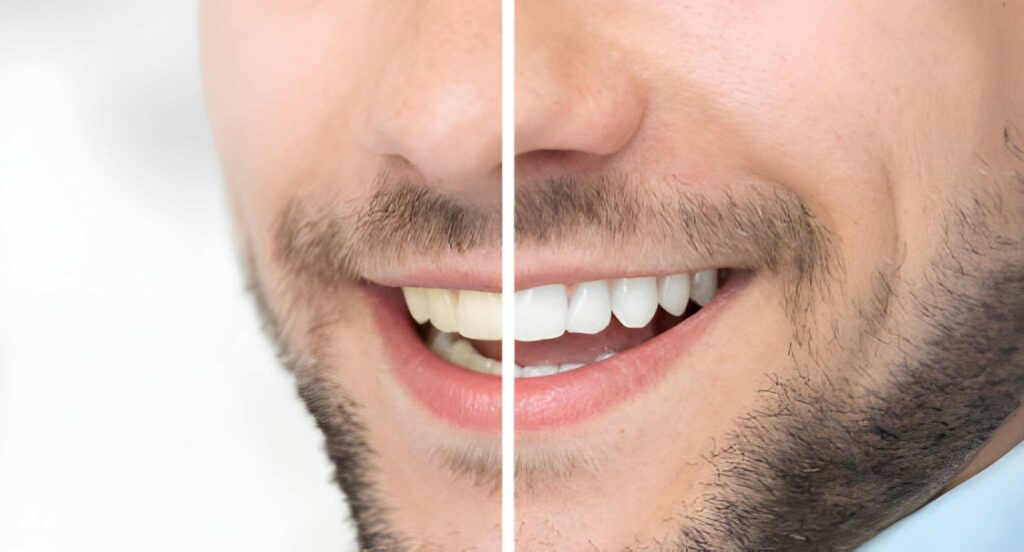Teeth whitening is a popular way to improve your smile and boost confidence. It removes stains and brightens the natural color of your teeth using safe bleaching ingredients. Many people, however, worry about whether whitening harms tooth enamel. When done correctly, whitening is safe and does not damage enamel. This guide explains everything you need to know.
What Is Enamel?
Enamel is the hard, protective outer layer of your teeth. It shields the dentin underneath and prevents sensitivity. Although strong, enamel can still wear down from acids, grinding, or poor care. Because enamel cannot grow back once it’s lost, many people worry about the safety of whitening. However, professionally approved teeth whitening Aberdeen treatments do not damage enamel when carried out correctly.
How to Get Pearly White Teeth?
Does Teeth Whitening Damage Enamel?
- Whitening gels pass through enamel gently without weakening it
- Professional whitening in Aberdeen uses safe peroxide levels
- Mild sensitivity is common but temporary
- Overuse—not whitening itself—causes irritation
Types of Whitening Treatments (Safe vs. Unsafe)
Safe Options (Recommended):
- In-practice professional whitening
- Dentist-approved take-home trays
- Over-the-counter products with low peroxide levels
Avoid These:
- Products containing chlorine dioxide
- DIY acids like lemon juice
- Abrasive charcoal powders
Can You Whiten Your Teeth While Pregnant?
Step-by-Step: Safe Whitening Process in Aberdeen
1. Consultation & Examination
Your dentist checks your oral health and confirms whether whitening is suitable.
2. Shade Check & Treatment Plan
You choose your desired shade, and a whitening method is selected.
3. Whitening Session or Home Kit Use
The dentist applies whitening gel in-practice or gives you trays to use at home safely.
Should I Brush My Teeth Before Using Whitening Strips?
Common Side Effects & How to Prevent Them
- Temporary sensitivity → use sensitive toothpaste
- Gum irritation → avoid overfilling trays
- Dehydration of teeth → drink water, avoid hot/cold drinks
- Overuse issues → follow dentist instructions exactly
How to Whiten Teeth Without Harming Enamel
- Use dentist-approved whitening products only
- Follow recommended wear times
- Take breaks if sensitivity appears
- Avoid acidic foods for 24 hours
- Strengthen enamel with fluoride toothpaste
Is Teeth Whitening Permanent
FAQs (People Also Ask)
Can teeth whitening make your teeth permanently sensitive?
No. Whitening may cause temporary sensitivity, but it does not permanently harm teeth when used correctly. Sensitivity usually fades within a few days.
How often is it safe to whiten your teeth?
Every 6–12 months is generally safe. Avoid whitening too often, as overuse—not whitening itself—can irritate enamel and gums.
Is natural whitening safer for enamel?
Not always. Lemon juice, charcoal, or baking soda can erode enamel if overused. Dentist-approved whitening is safer and more effective.
Can teenagers whiten their teeth?
Whitening is usually not recommended for children or teens unless reviewed by a dentist. Their enamel is still developing.
How can I protect enamel after whitening?
Avoid acidic drinks, use fluoride toothpaste, stay hydrated, and brush gently. Continue regular dental check-ups to keep enamel strong.
Author Details
Written by: Holburn Dental & Implant Centre Clinical Team
Reviewed by: Lead Cosmetic Dentist, Aberdeen
